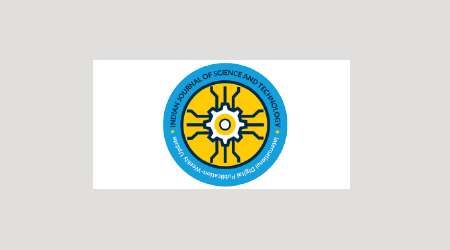


Indian Journal of Science and Technology
DOI: 10.17485/IJST/v16i44.1159
Year: 2023, Volume: 16, Issue: 44, Pages: 4063-4072
Original Article
Joselito Trandio P Mendoza1*
1Associate Professor, Natural Science Department, College of Arts and Sciences, Iloilo Science and Technology University, Iloilo City Campus, Iloilo, Philippines
*Corresponding Author
Email: [email protected]
Received Date:14 May 2023, Accepted Date:03 October 2023, Published Date:28 November 2023
Objective: To assess grade six learners' environmental literacy and citizen science capability in schools along Tigum River, Iloilo, Philippines. Methods: The study employed a descriptive survey design adopted and revised researcher-made questions validated by science experts in the Province of Iloilo, Philippines. The survey questionnaires were focused on environmental literacy instruments in the Middle School Environmental Literacy Survey Instrument in the United States. Another questionnaire was citizen science capability, which the researcher made. The participants are twenty-nine (39) schools with a total of three-hundred-fifty (350) grade six learners found along Tigum River in the Province of Iloilo, Philippines, academic year (AY) 2017-2018. The researcher randomly selected the participants. The statistical tools used were frequency, mean, and standard deviation and SPSS version 21 was utilized to get the results. Findings: The profile of grade six in terms of various categories was interpreted as average regarding ecological knowledge but high in Special Science Classes. In verbal communication, responses in terms of saving water were interpreted as high and average if action was required. But in actual commitment, almost all categories were described as high but average on buying charcoal and low on turning faucets when not in use. Environmental sensitivity was labeled high but lacking in outdoor activities and collecting wild animals. And for the science capabilities, citizen science capability (biodiversity, water quality, and solid waste management) were decoded as capable. One important reason for this response is related to teachers' knowledge of environmental science teaching. This study emphasizes that learners can do citizen science projects that direct the school curriculum to consider the community as a context of learning for environmental education. Novelty and Suggestions: Through the Department of Education (DepEd), the national government supports teachers using local biodiversity as materials to improve science teaching and learning. The unique thing about this study is that it can help educate young minds as warriors to protect and preserve our ecosystem, specifically in freshwater. Science literacy depends on the commitment of all stakeholders in the academy.
Keywords: Environmental literacy, Citizen science, Elementary grades learners, Survey
© 2023 Mendoza. This is an open-access article distributed under the terms of the Creative Commons Attribution License, which permits unrestricted use, distribution, and reproduction in any medium, provided the original author and source are credited. Published By Indian Society for Education and Environment (iSee)
Subscribe now for latest articles and news.